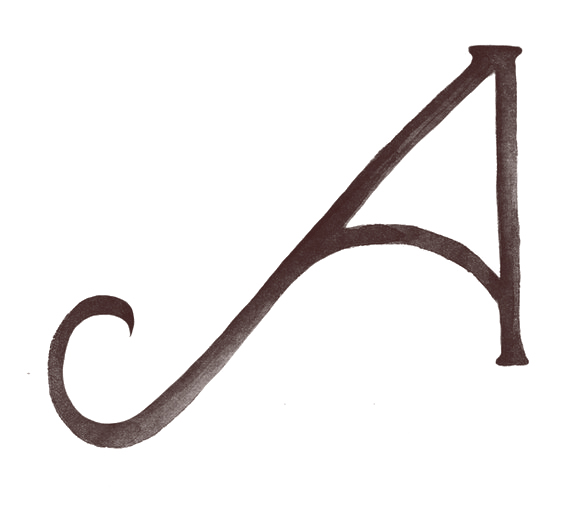The ethics of omission
When a non-fiction writer tells a real story, real people can get hurt, and just sometimes the writer must stop and consider the consequences.
We are asked to hold a person’s life experience in our hands and imbue a matrix of memories with a life and relevance that will live into the future. With this comes a weighty responsibility.
In the quest for narrative integrity, the author is often confronted with truths that have the potential to damage. Is it sufficient to simply leave it out or is that cheating your readers – holding important information from them? One can omit, I would suggest, and still call your story non-fiction because there is no blatant lie. But can one omit and be said to be utterly truthful? This is probably circumstantial.
If the omission is that the forty-something subject once stole a pen from a friend – it will probably have no direct bearing on the story. Nor would it change the reader’s essential understanding of it. However, if your subject manufactures and sell Crystal Meth, and this is omitted, then I would regard this as lying to the reader, even if the story is not drug-related. You have withheld an important piece of the story jigsaw, one that will have enormous bearing on the reader’s ability to construct the whole picture.
But an ‘include and be damned – there will always be collateral damage’ attitude lacks the conscientiousness that we owe our subjects. The case for inclusion must be examined carefully, using various filters before making a decision. In the end, we must also accept that there will always be those who are unhappy with our work.
Writer Caroline Wells Kraus responded to late night phone calls calling her a slut, by wondering if it was ‘one of her victims’ and wrote:
‘My job consists of sucking people’s guts out. Of course that is not my job at all. I am a journalist. I tell other people’s stories, give them voice. I write with compassion and integrity … I try to be an honest journalist. I don’t misquote or invent scenes or forge composite characters … Undoubtedly reducing a person’s story to a few words on a page robs it of complexity … ’
As writers we do our best to retain that complexity because this creates both the scaffolding and beauty of the story. I try to find a way through – I’ve not got the stomach to eviscerate someone on the page – but this is a case-by-case issue that needs readdressing each time a writer holds a person’s story in her hands.
May your words pour onto the page,


